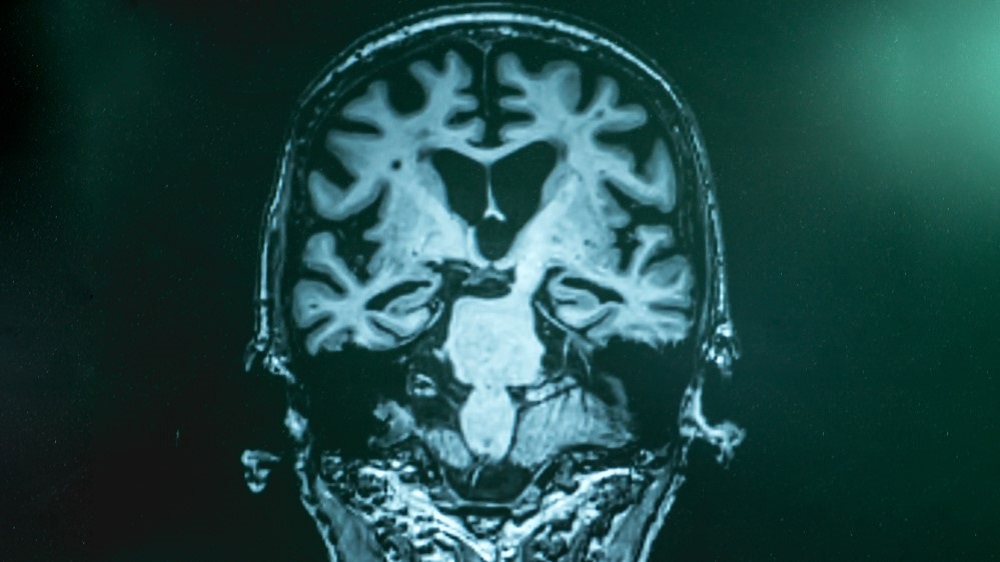Among patients with Alzheimer’s disease (AD), impaired blood flow in certain brain regions is correlated with tau protein buildup, a hallmark indication of cognitive decline, a new study finds.
The findings, published in the journal JNeurosci, involved the examination of magnetic resonance imaging and positron emission tomography scans of human participants in late adulthood. Blood flow and tau buildup were assessed among the participants.
According to the findings: “Our results demonstrate vascular-tau associations across the AD spectrum and suggest that early vascular-tau associations are exacerbated in the presence of amyloid, consistent with a two-hit model of AD on cognition.”
The co-authors conclude, “Combination treatments targeting vascular health, as well as amyloid-β and tau levels, may preserve cognitive function more effectively than single-target therapies.”
“These results suggest that combination treatments targeting vascular health, amyloid-β, and tau levels, may more effectively preserve cognitive function than single-target therapies.”
The study was authored by Daniel Albrecht, A. Lisette Isenberg, Joy Stradford, Teresa Monreal, Abhay Sagare, Maricarmen Pachicano, Melanie Sweeney, Arthur Toga, Berislav Zlokovic, Helena Chui, Elizabeth Joe, Lon Schneider, Peter Conti, Kay Jann, and Judy Pa, among other contributors.


